NATO Secretary General Mark Rutte has urged allied nations to accelerate innovation and investment in biotechnology to ensure the alliance remains ahead of rivals such as China and Russia, the organisation stated.
Addressing NATO’s first Biotechnology Conference in Brussels on Tuesday, Rutte described the meeting as “a meaningful step” toward deeper cooperation between governments, academia and industry on defence-related biotechnology.
The conference, hosted by Belgium, brought together more than 300 participants from across the alliance, including defence officials, researchers and private-sector representatives.
Rutte said biotechnology is now “high on the list” of technologies critical to NATO’s future security and that “our security hinges on our ability to innovate and integrate new technologies.” He added, “To stay safe, we don’t just need the tanks and the jets, and the ships, and the drones and the ammunition. We also need to develop, to acquire and to integrate biotechnology in our defence capabilities.”
Warning of growing competition, Rutte said that “China has made rapid advancements in biotechnologies, including gene editing and synthetic biology for military and dual-use applications,” and that Russia continues to “leverage its expertise to conduct covert biological research.” He argued that both countries aim to “seize the advantage” by weaponising research and controlling supply chains.
“We cannot allow them to seize the advantage,” he told attendees. “We must stay at the forefront of innovation and therefore fast-track the development and adoption of defence-critical technologies.”
Rutte pointed to progress made within the alliance, highlighting the NATO Biotechnology and Human Enhancement Strategy, adopted in 2024, and the Defence Innovation Accelerator for the North Atlantic (DIANA), which has funded 28 biotechnology companies in the past year.
He said biotechnology already has practical applications for NATO forces, from telemedicine and portable blood supply systems to wearable sensors that monitor fatigue or detect trauma. “These technologies help protect our troops and enhance resilience,” he said. “They make us stronger and they make us safer.”
Rutte concluded by calling on NATO members to “ramp up efforts to ensure we remain at the forefront of the biotechnology revolution.”
“Together, you bring the best talent and expertise,” he said. “With you, and through you, we can and will deliver the biotechnology we need for the defence and security of the Alliance.”


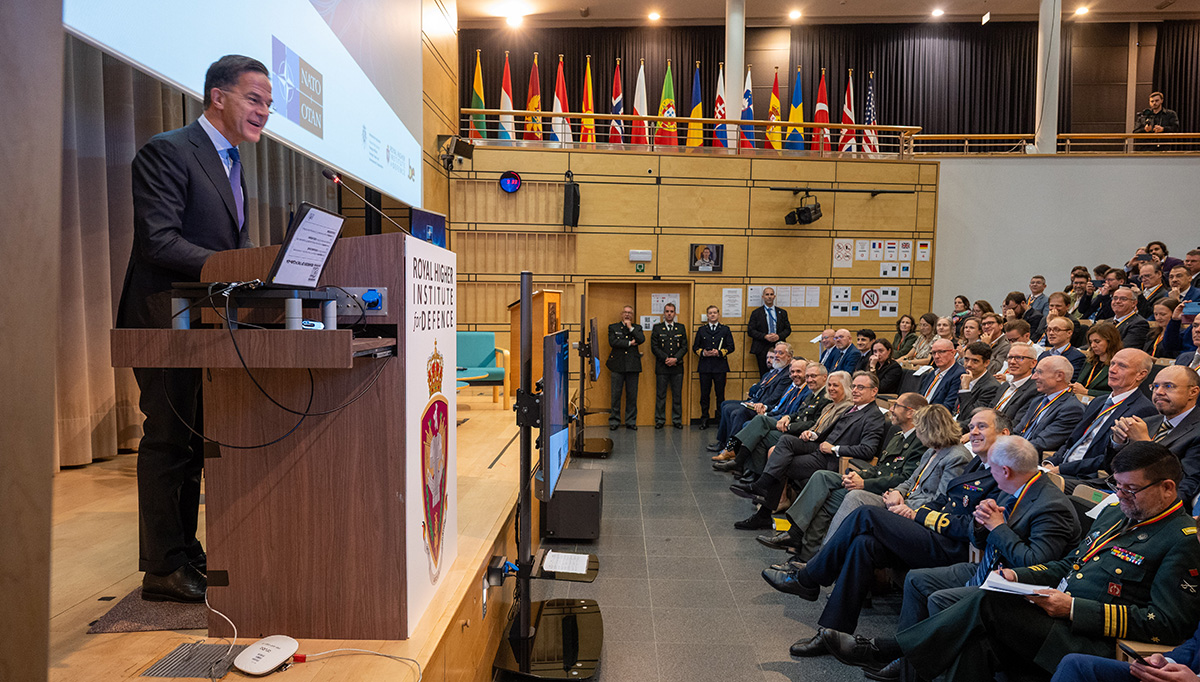
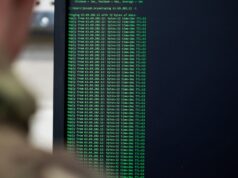
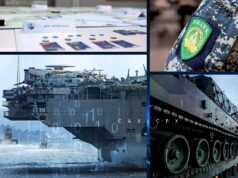
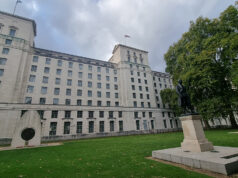
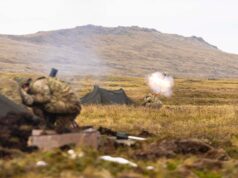
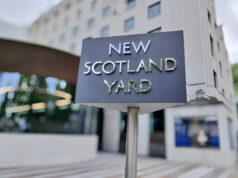

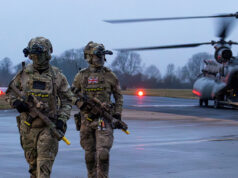
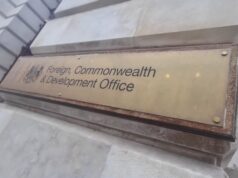

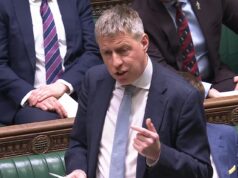

UKDJ, could we have some coverage on the sentencing of the soldier for the assault and subsequent suicide of Jaysley Beck?